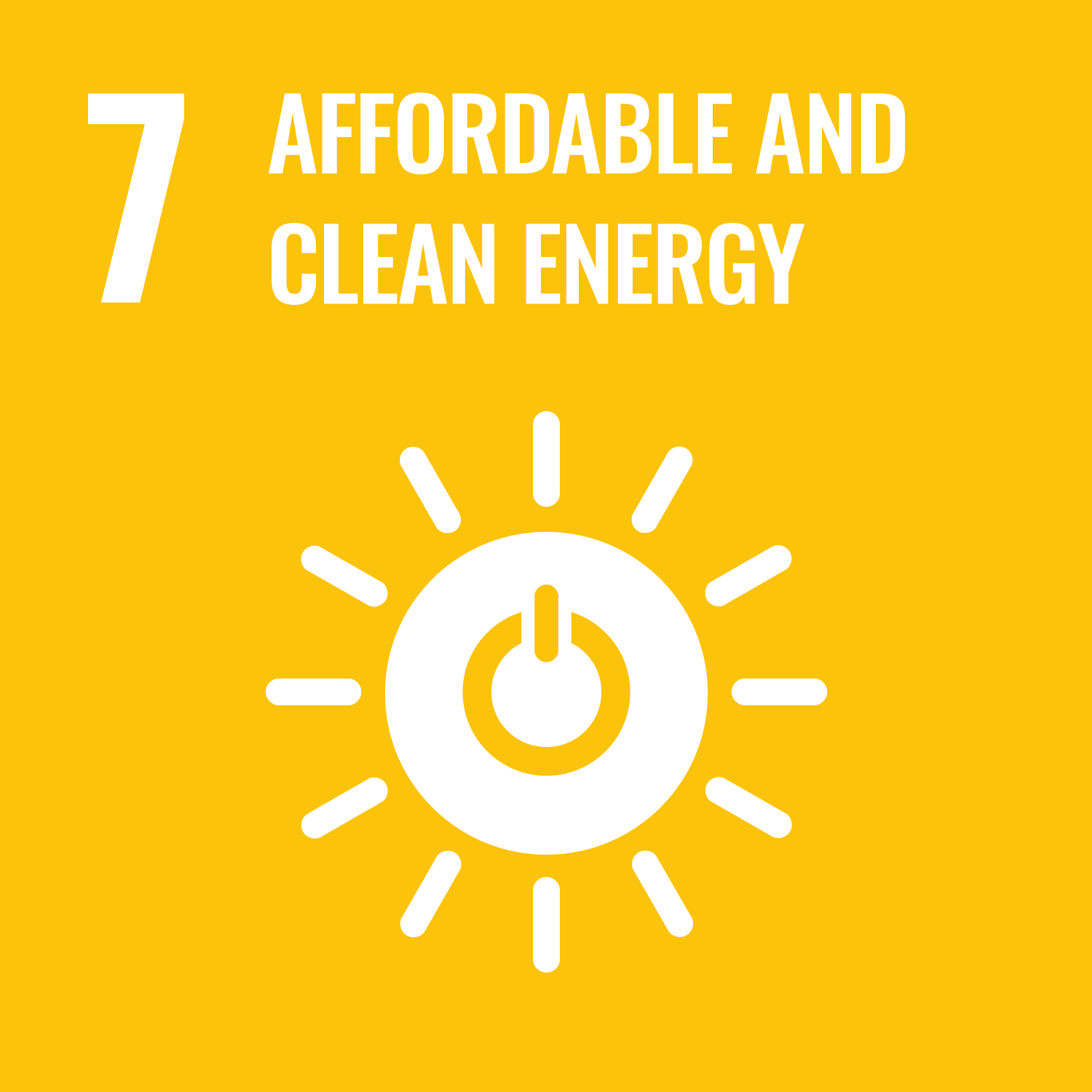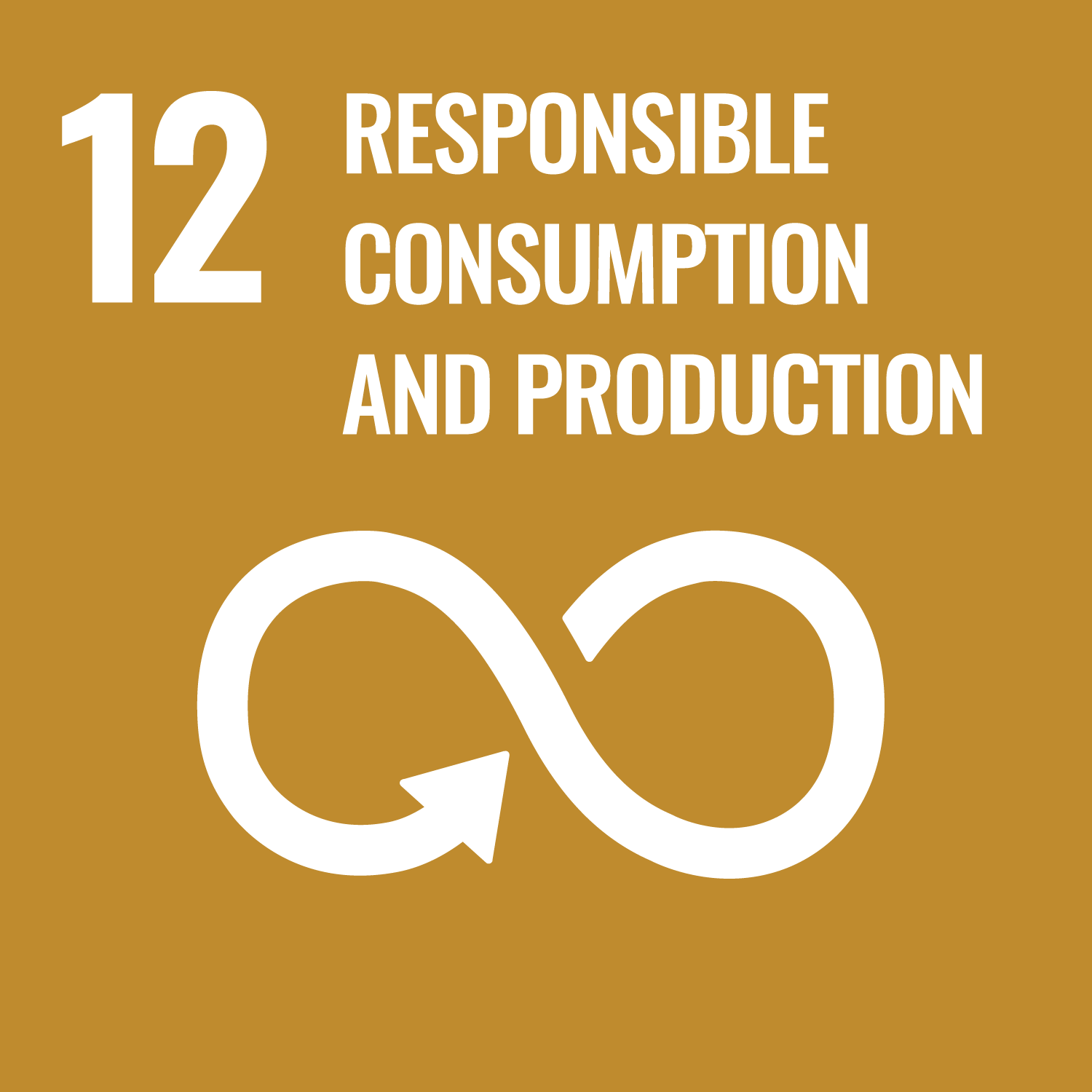Styring, P. orcid.org/0000-0002-8434-7356, Dowson, G.R.M. and Tozer, I.O. (2021) Synthetic fuels based on dimethyl ether as a future non-fossil fuel for road transport from sustainable feedstocks. Frontiers in Energy Research, 9. 663331. ISSN 2296-598X
Abstract
In this review we consider the important future of the synthetic fuel, dimethyl ether (DME). We compare DME to two alternatives [oxymethylene ether (OMEx) and synthetic diesel through Fischer-Tropsch (FT) reactions]. Finally, we explore a range of methodologies and processes for the synthesis of DME. DME is an alternative diesel fuel for use in compression ignition (CI) engines and may be produced from a range of waste feedstocks, thereby avoiding new fossil carbon from entering the supply chain. DME is characterised by low CO2, low NOx and low particulate matter (PM) emissions. Its high cetane number means it can be used in CI engines with minimal modifications. The key to creating a circular fuels economy is integrating multiple waste streams into an economically and environmentally sustainable supply chain. Therefore, we also consider the availability and nature of low-carbon fuels and hydrogen production. Reliable carbon dioxide sources are also essential if CO2 utilisation processes are to become commercially viable. The location of DME plants will depend on the local ecosystems and ideally should be co-located on or near waste emitters and low-carbon energy sources. Alternative liquid fuels are considered interesting in the medium term, while renewable electricity and hydrogen are considered as reliable long-term solutions for the future transport sector. DME may be considered as a circular hydrogen carrier which will also be able to store energy for use at times of low renewable power generation. The chemistry of the individual steps within the supply chain is generally well known and usually relies on the use of cheap and Earth-abundant metal catalysts. The thermodynamics of these processes are also well-characterised. So overcoming the challenge now relies on the expertise of chemical engineers to put the fundamentals into commercial practice. It is important that a whole systems approach is adopted as interventions can have detrimental unintended consequences unless close monitoring is applied. This review shows that while DME production has been achieved and shows great promise, there is considerable effort needed if we are to reach true net zero emissions in the transport sector, particularly long-haul road use, in the require timescales.
Metadata
| Item Type: | Article |
|---|---|
| Authors/Creators: |
|
| Copyright, Publisher and Additional Information: | © 2021 Styring, Dowson and Tozer. This is an Open Access article distributed under the terms of the Creative Commons Attribution Licence (https://creativecommons.org/licenses/by/4.0/), which permits unrestricted use, distribution, and reproduction in any medium, provided the original work is properly cited. |
| Keywords: | dimethyl ether; diesel; net zero carbon; de-fossilise; synthetic fuel; e-fuels |
| Dates: |
|
| Institution: | The University of Sheffield |
| Academic Units: | The University of Sheffield > Faculty of Engineering (Sheffield) > School of Chemical, Materials and Biological Engineering |
| Funding Information: | Funder Grant number Engineering and Physical Sciences Research Council EP/S018107/1 Engineering and Physical Sciences Research Council EP/P026435/1 UK Research and Innovation EP/V011863/1 |
| Depositing User: | Symplectic Sheffield |
| Date Deposited: | 23 Jan 2025 10:14 |
| Last Modified: | 21 Feb 2025 16:16 |
| Published Version: | https://doi.org/10.3389/fenrg.2021.663331 |
| Status: | Published |
| Publisher: | Frontiers Media SA |
| Refereed: | Yes |
| Identification Number: | 10.3389/fenrg.2021.663331 |
| Related URLs: | |
| Sustainable Development Goals: | |
| Open Archives Initiative ID (OAI ID): | oai:eprints.whiterose.ac.uk:221932 |




 CORE (COnnecting REpositories)
CORE (COnnecting REpositories) CORE (COnnecting REpositories)
CORE (COnnecting REpositories)